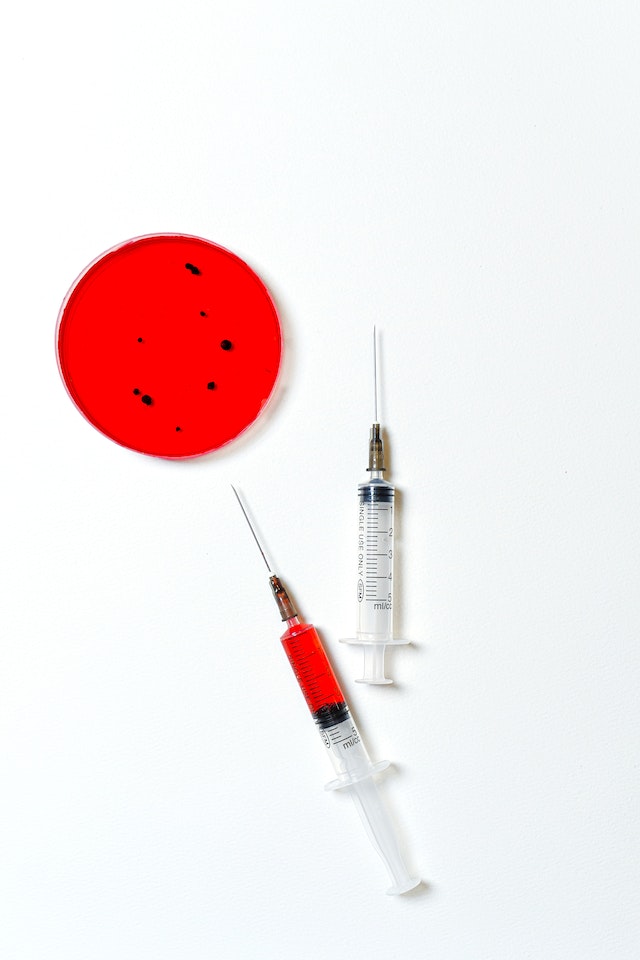The pharmaceutical industry is an intricate web of innovation, research, and development, working tirelessly to bring groundbreaking therapies to patients worldwide. As part of this ambitious pursuit, Roche, a prominent player in the pharmaceutical domain, has identified a crucial area that requires significant attention – the enhancement of late-stage drug development. In a recent statement, Roche’s Chief Financial Officer (CFO) emphasized the urgency of this endeavor, aligning it with the company’s commitment to advancing healthcare. This article examines the significance of bolstering late-stage drug development and its implications for the future of healthcare.
The Roche Approach to Late-Stage Drug Development
Roche, known for its dedication to scientific excellence, is aware of the challenges that emerge during the later stages of drug development. Clinical trials at this phase are particularly critical, as they assess the safety and efficacy of potential treatments in a larger patient population. Recognizing the complexity of this process, Roche has directed its efforts toward optimizing late-stage drug development to ensure promising therapies reach patients as swiftly and efficiently as possible.
The Importance of Late-Stage Drug Development
- Patient-Centric Approach: Roche’s commitment to bolstering late-stage drug development stems from its patient-centric ethos. By refining and accelerating the drug development process, Roche aims to minimize the time between discovery and commercial availability, granting patients faster access to life-changing medications.
- Addressing Unmet Medical Needs: Late-stage drug development is where potential treatments are put to the ultimate test. Investing in this phase enables Roche to address unmet medical needs effectively and improve the quality of life for patients battling various diseases and conditions.
- Optimizing Resource Utilization: Prioritizing late-stage drug development allows Roche to optimize its resources effectively. By channeling efforts toward the most promising drug candidates, Roche can allocate funds and expertise more efficiently, increasing the likelihood of successful outcomes.
- Competitive Edge: In a competitive industry, staying ahead of the curve is imperative. By focusing on bolstering late-stage drug development, Roche can consolidate its position as a leader in the pharmaceutical sector, fostering innovation and maintaining a competitive edge.
Investing in Research and Development
Roche’s CFO emphasizes that a key enabler of successful late-stage drug development lies in continuous investment in research and development. This investment not only facilitates the discovery of potential therapies but also supports comprehensive clinical trials to validate their efficacy and safety.
Collaboration and Partnerships
To further enhance late-stage drug development, Roche understands the significance of collaboration and partnerships within the industry. By collaborating with academic institutions, research organizations, and other pharmaceutical companies, Roche can pool resources, knowledge, and expertise, leading to faster advancements in drug development.
Conclusion
In conclusion, Roche’s CFO has highlighted the pressing need to bolster late-stage drug development as a pivotal step toward transforming healthcare. By optimizing this phase of drug discovery, Roche aims to create a positive impact on patients’ lives and address unmet medical needs effectively. Through sustained investment in research and development and a spirit of collaboration, Roche is poised to shape the future of healthcare and continue making significant contributions to the pharmaceutical industry.












